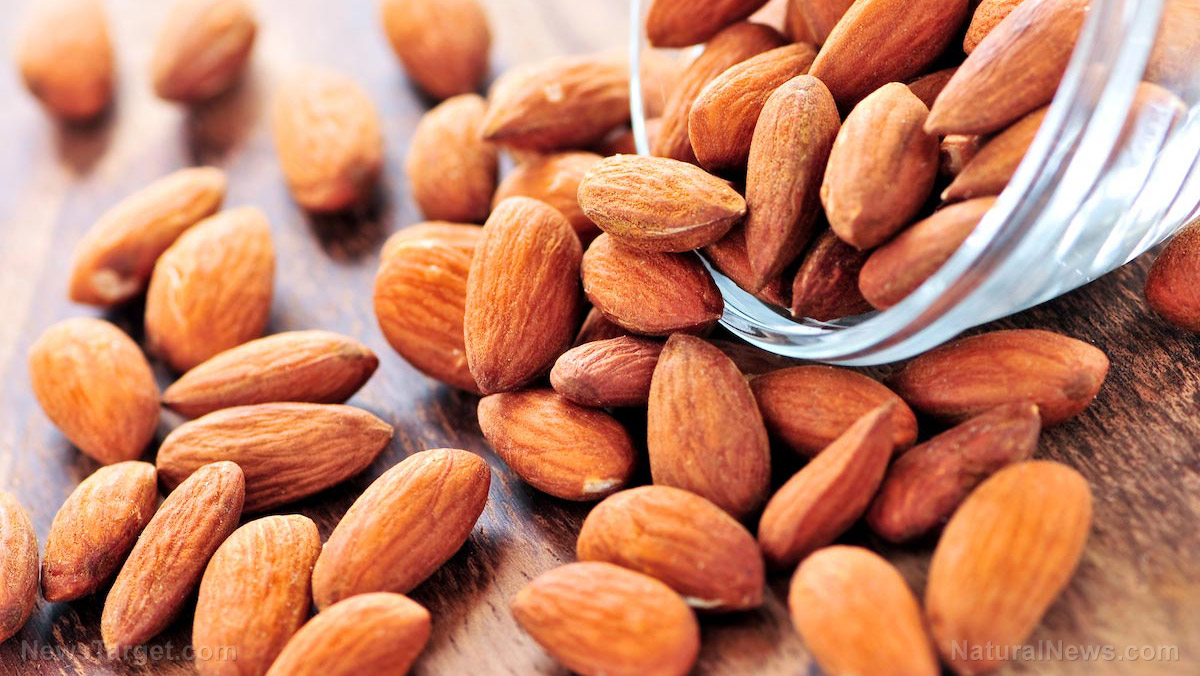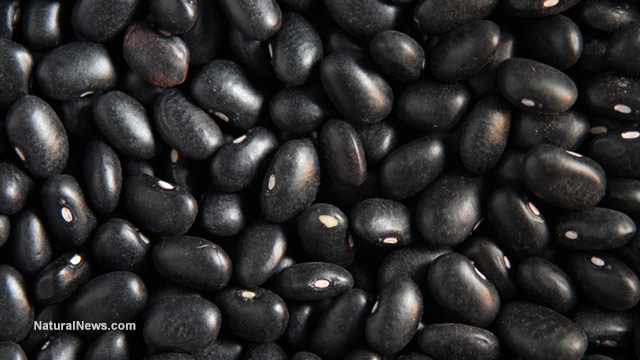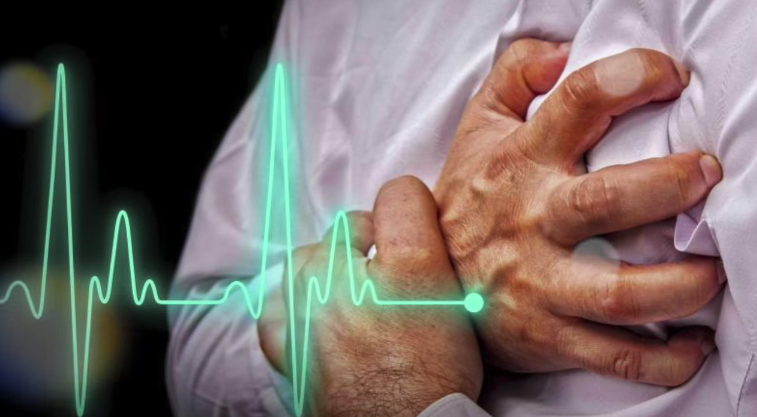Damage to heart muscle from heart attack can be limited by localized cooling
01/19/2018 / By Russel Davis

A recent study carried out by Netherlands-based cardiologists demonstrated that localized cooling of the heart during a heart attack may help mitigate the risk of further cardiovascular damage. Researchers at the Eindhoven University of Technology and the company LifeTec Group marked the new procedure as a first in the world and inferred that it may boost a patient’s survival following the cardiovascular event.
- A team of cardiologists enrolled 10 patients with acute heart attack as part of the study
- The cardiologists injected a fluid just past the closure in the coronary artery in order to cool the heart down to temperatures between 4 degrees to 5 degrees
- The health experts then cooled the affected area for up to 10 minutes
- After cooling the area, the health experts then opened the coronary artery via angioplasty, a procedure that uses a tiny balloon to increase blood flow
- The previously clogged up coronary artery was then kept closed and cooled for another 10 minutes following the angioplasty procedure
- The cardiologists touted that the procedure was safe, technically feasible and practicable.
- The experts estimated that the new procedure may reduce the impact and subsequent damage caused by heart attack by about 20 percent to 30 percent
- Likewise, the researchers noted that the procedure may help reduce the likelihood of a repeat heart attack during a patient’s lifetime
- The researchers commenced a major European follow-up study in order to determine the new procedure’s efficacy
- The large-scale follow up will involve 100 patients in six large heart centers across various European countries including Belgium, Denmark and the U.K. as well as Sweden and Hungary.
The research team concluded that cooling the heart before and after angioplasty may reduce the odds of cardiovascular damage associated with heart attack.
Journal citation:
ScienceDaily. 2018 January 12. Eindhoven University of Technology; [2018 January 19]. https://www.sciencedaily.com/releases/2018/01/180112132938.htm
Tagged Under: angioplasty, cardiovascular disease, cardiovascular health, heart attack, heart disease, heart health, research




















